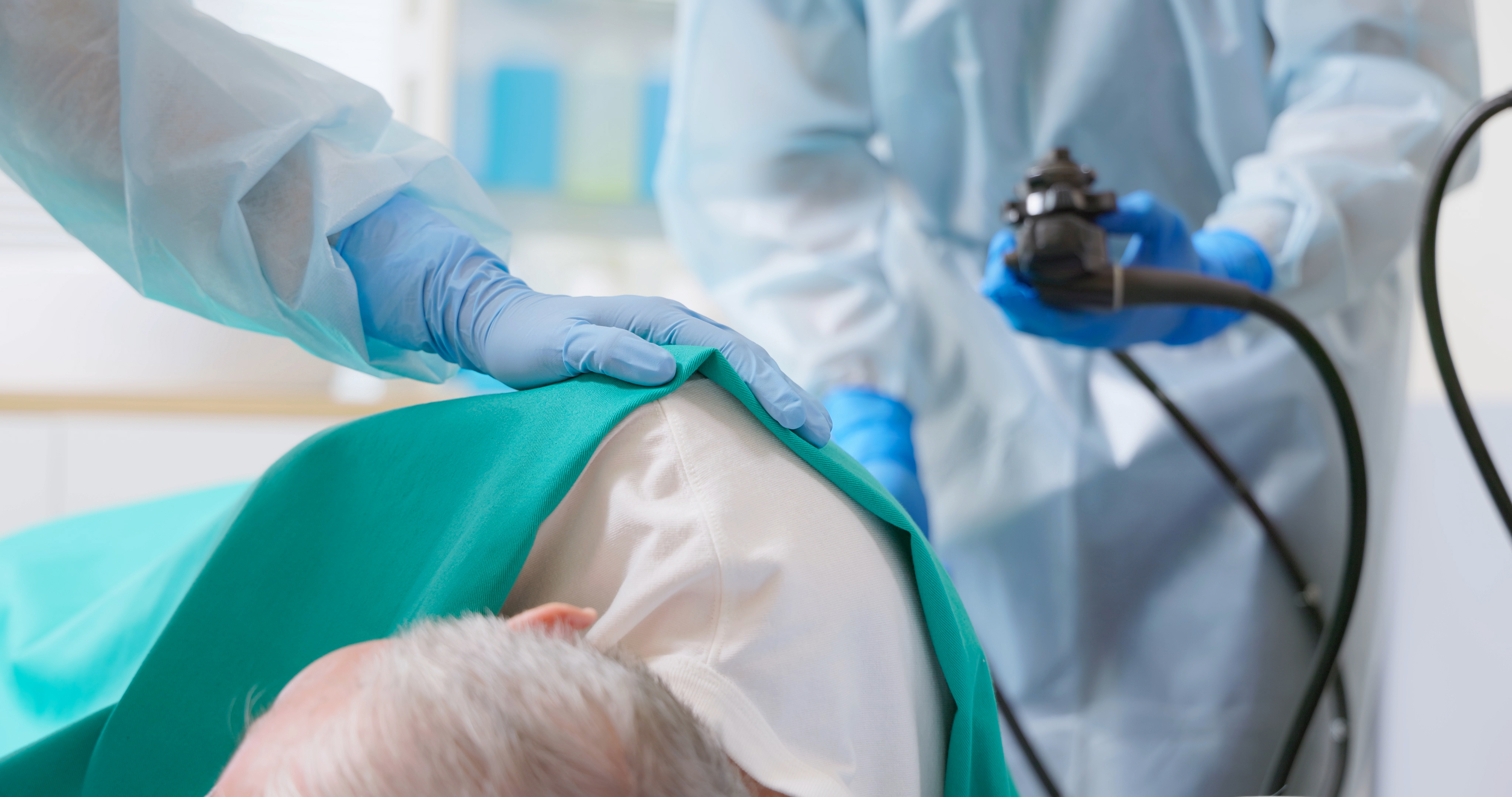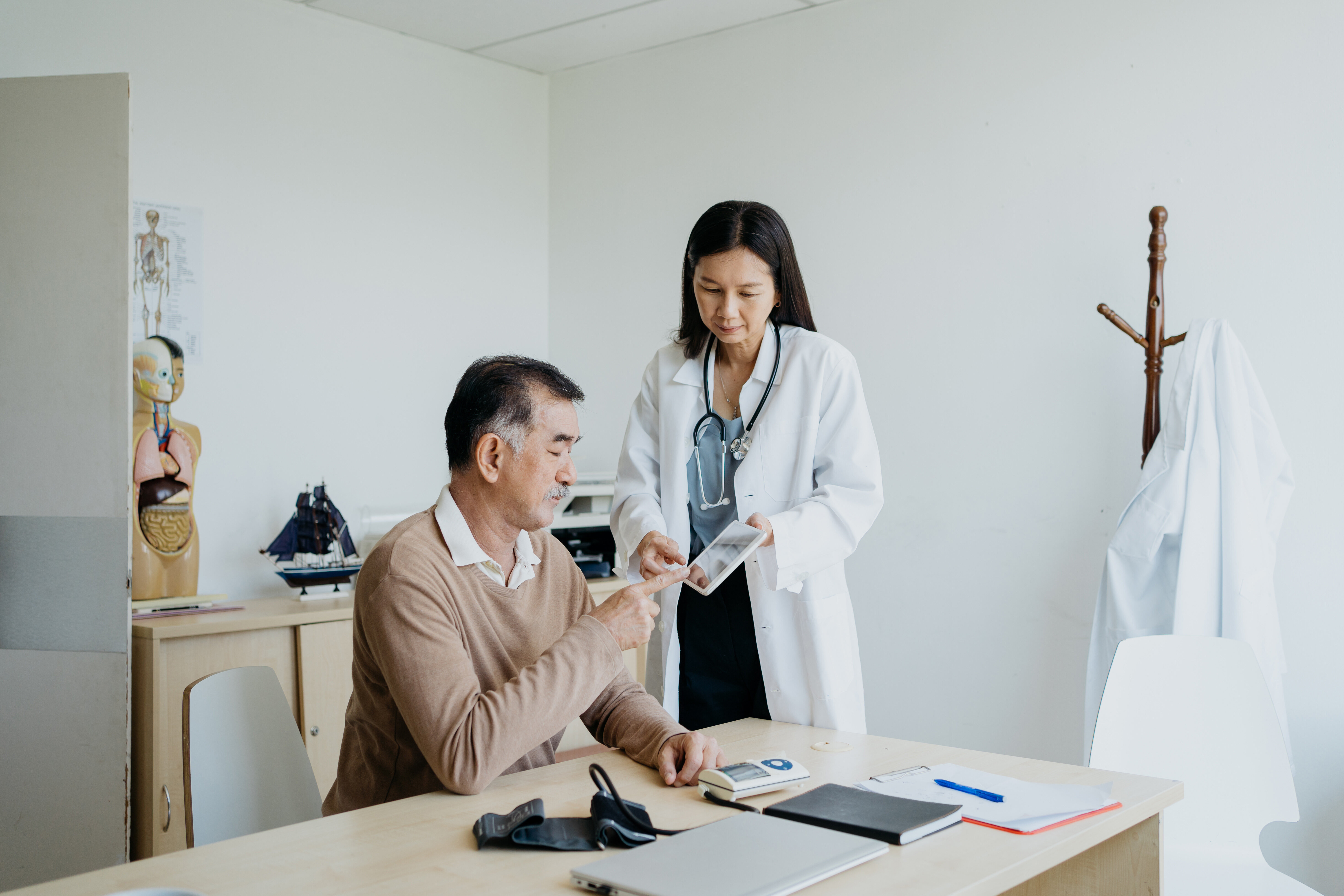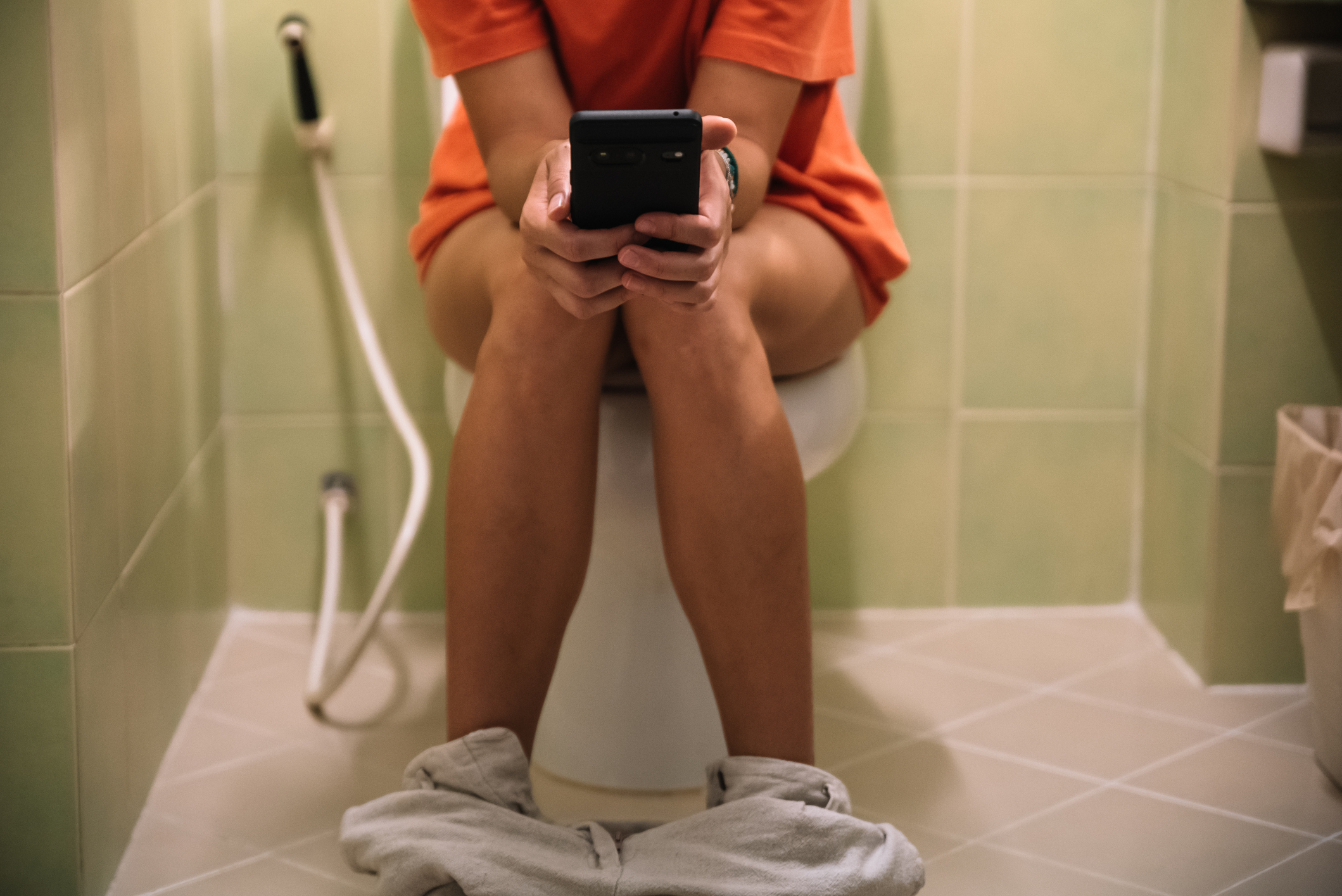instance of colorectal cancer have been rapidly increasing among unseasoned adults , so we spoke to a doctor to get some helpful tips .
Colorectal cancer is thethird - most commontype of cancer around the world . In the earlier leg , it can be tough to take in . The symptoms , like looseness of the bowels , abdominal pain and anaemia , can easily be overlooked or mistaken for another , more benign issue .
There ’s also been aspike in colorectal Crab diagnosesamong younger multitude . The reasonableness for this , though ill-defined , is probable multifactorial , with cistron , environmental exposures and lifestyle all contribute . What we do know is that whencolon canceris caught early , it can be in effect treated .

fortuitously , there ’s a peck you may do to keep your bowel wellness in check . We asked Dr. Ursina Teitelbaum , a medical oncologist and section headman for gastrointestinal Crab at Penn Medicine’sAbramson Cancer Center , about the most vulgar mistakes worth avoiding for the saki of your bowels . Here ’s what Teitelbaum said she personally avoids , and what you should , too :
1. I’d never ignore my family history.
Family history is one of the unassailable hazard factors for colorectal cancer . Up to1 in 3people who get diagnosed with colorectal Crab have kin members who also had it . There are a few reasons why cancer runs in families : genetics , shared environmental factors , and some combination of the two , according to theAmerican Cancer Society .
Because the wellness of your relatives direct influences your individual endangerment of Aspinwall Crab , it ’s crucial to know your syndicate history . Teitelbaum recommended asking your parent , sibling or other relatives if any family members , let in grandparent , first cousin , or aunts and uncle , were ever diagnose with colorectal cancer .
If you discover out a first - degree relative had El Salvadoran colon malignant neoplastic disease , for example , you ’ll be suggest to start screening in the first place . “ Your Aspinwall health depends on your genes , ” Teitelbaum say .

2. I’d never miss or delay colonoscopies and screening tests.
Cases of colorectal malignant neoplastic disease have beenrapidly increasingamong young adult . Though the disease , which affects fewer than 1 % of adults , is still rare , the spindle in relative incidence has made former viewing and diagnosis all the more important .
Because of this alarming trend , the U.S. Preventive Services Task Force emerge newcolon Crab screening guidancein 2021 to attempt to capture more cases . Now , all adult are propose to starting screen by a colonoscopy or stool - based test commence at long time 45 .
Regular colonoscopies are especially of import for people with instigative bowel disease , such as ulcerative colitis or Crohn ’s disease , since these conditions can increase your risk of exposure of colorectal cancer . But even otherwise healthy people who have no family line history can get colorectal cancer .

“ No matter how healthy your modus vivendi is , when you rack up a sealed long time , you need to get sort , ” Teitelbaum sound out . Getting sort is the sound way to catch El Salvadoran colon malignant neoplastic disease early and treat it .
3. I wouldn’t ignore any odd or abnormal symptoms.
doctor across the country have noticed that many younger adult do n’t think their abnormal symptoms could be malignant neoplastic disease , Teitelbaum said . And because they ’re so young , wellness care providers may not immediately suspect issues either . This can conduce to detain diagnoses and poorer outcome , researchshows . The takeaway ? Youhaveto pay attention to your trunk , Teitelbaum stressed .
Look out for any changes in bowel use ― if you have always pooped on schedule but now oftentimes palpate constipated , or comment blood in your faeces and have abdominal pain , it ’s worth talking to a doctor . Diarrhea , fatigue or unexplained anemia also warrant a aesculapian checkup .
It ’s significant to preach for yourself . If you finger like your doc is n’t take your symptoms serious , go get a 2nd opinion . “ If you ’re really worried , you need to run , ” Teitelbaum said .

4. I wouldn’t underestimate the power of a healthy lifestyle.
Though the causes of colon Crab are poorly realise , over half of colorectal genus Cancer are linked tomodifiable lifestyle factors . smoke baccy , drinking inebriant and have a sedentary lifestyle are think to go hand in paw with a raise risk of colon malignant neoplastic disease , grant to theCenters for Disease Control and Prevention .
Your dietalso play a big role . ruddy meats and overly processed foods , such as soda , candy and biscuit , have been linked to a high risk of exposure of Aspinwall cancer , whereas veg , fruits and whole grains have been assort with a abject risk .
“ There ’s no stark predictor for Aspinwall cancer , but globally , a healthy modus vivendi may help ” in avoiding it , Teitelbaum said .

5. I’d never avoid talking about poop.
Finally , Teitelbaum recommended getting comfortable with talking about poop . The more we open up about the topic , the better we canbreak down the stigmaaround talk over it .
Sometimes , an irregular bowel campaign — like stools that are pencil - thin or blooming — is the only clue that something ’s haywire . It can be hard to know if your experience is abnormal without separate others what you ’re going through .
It can feel mortifying to lecture about turd , but we have to do it , according to Teitelbaum . “ Poop is such a status of your health , and talking about it could keep your life , ” she said . This article originally come along onHuffPost .
